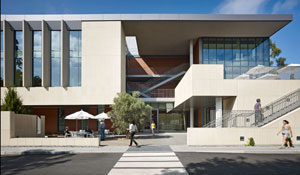Project Tag: Stanford University
Stanford University, CJ Huang Building at 780 Welch
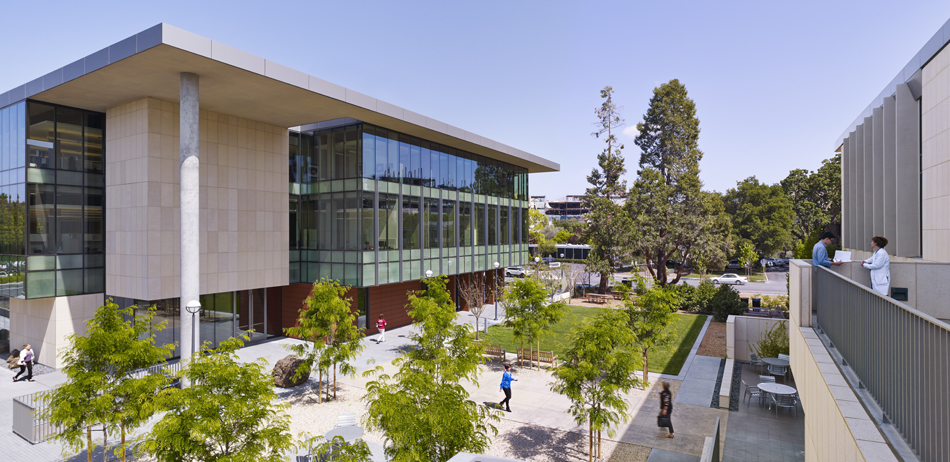
The Landscape for the new CJ Huang Asian Liver Center at Stanford University Medical Center is designed to connect to the existing Freidenrich Center for Translational Research to form an integrated campus of research and office buildings. With shared intermediate courtyards and a multi-use lawn space for events, the landscape enhances and extends the pedestrian experience from the main campus.
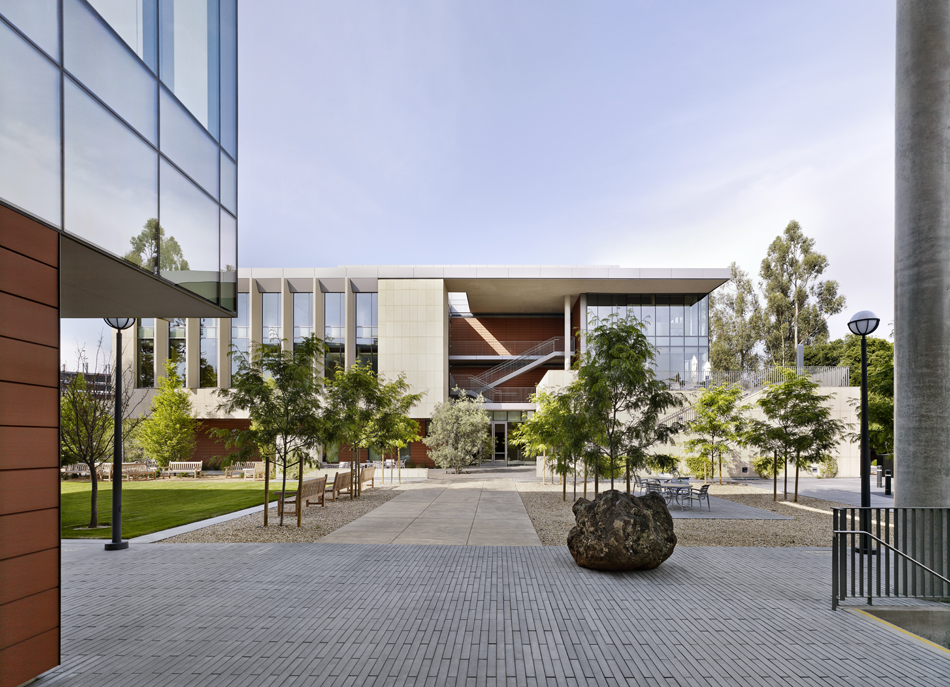
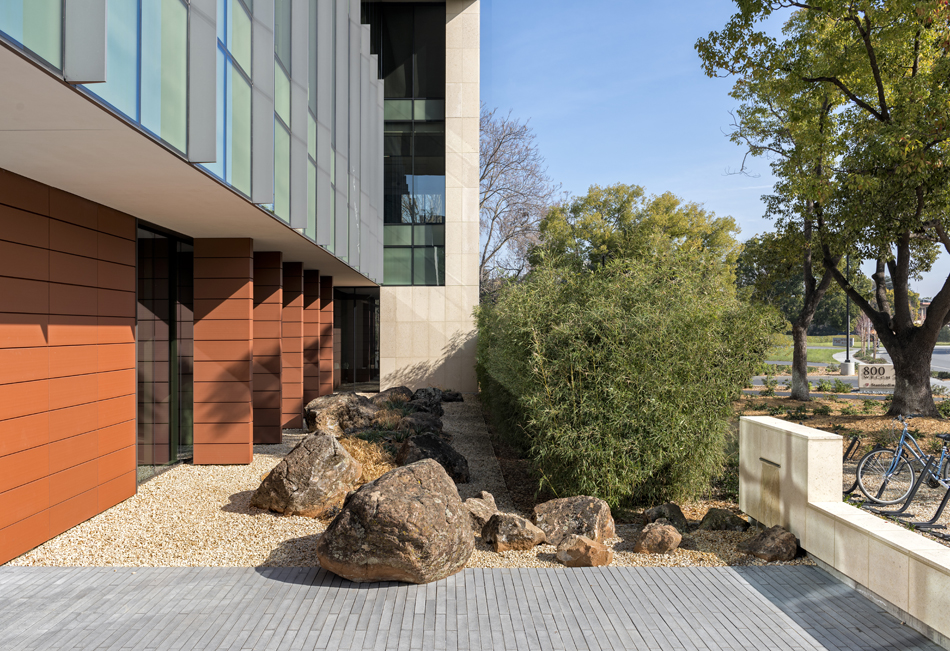
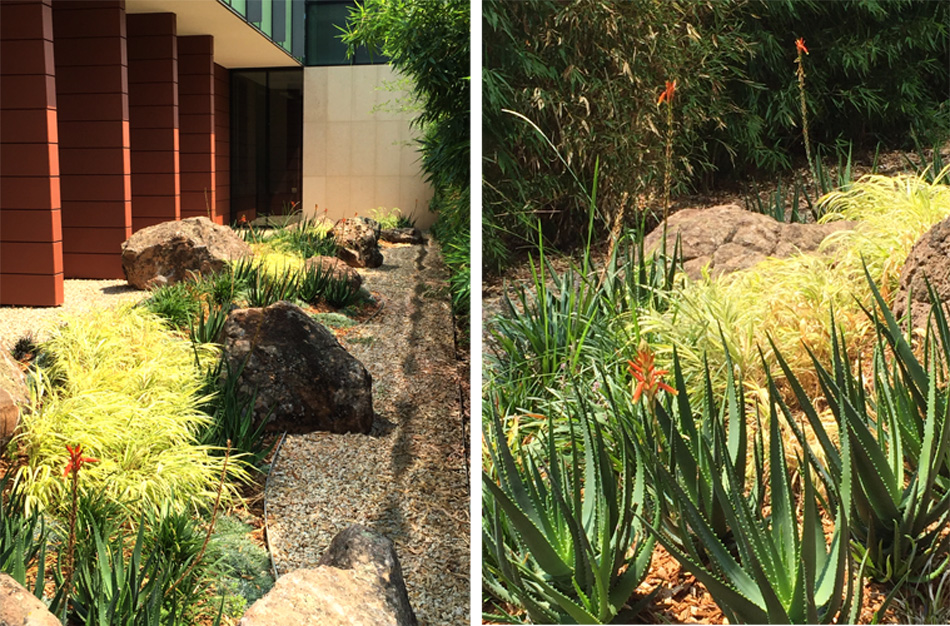
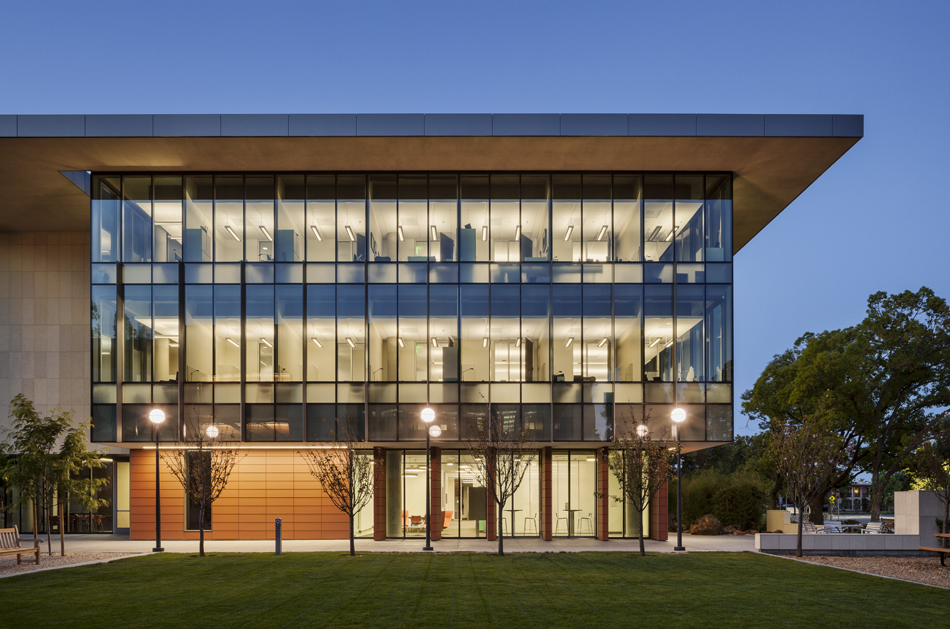
This site connects to the larger Stanford Campus and as such is pedestrian and bicycle transit-oriented, while also providing for arrival by bus transit and automobile. The pedestrian entry from the road approaches on a walk-way through to a courtyard defined by a stone clad wall.This entry courtyard connects to a contemplation garden that is also the pathway to the director’s office. The courtyard space that is created between the two buildings creates a dynamic, flexible environment for daily, casual use and enjoyment by visitors and employees as well as a space for special events. This outdoor space is defined by to “rooms” – one located to the north within a grove of trees with movable chairs used to occupy the shade; and a more southerly room that is an open lawn with tree planting and fixed seating around its perimeter. The third element of the courtyard is an east-west promenade connecting the Freidenrich Center and the CJ Huang Building.
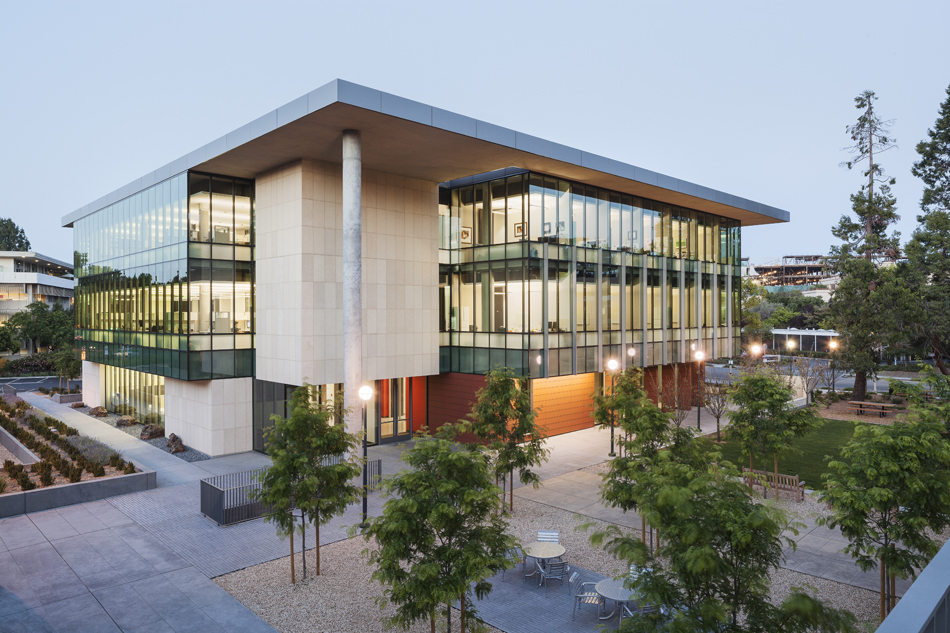
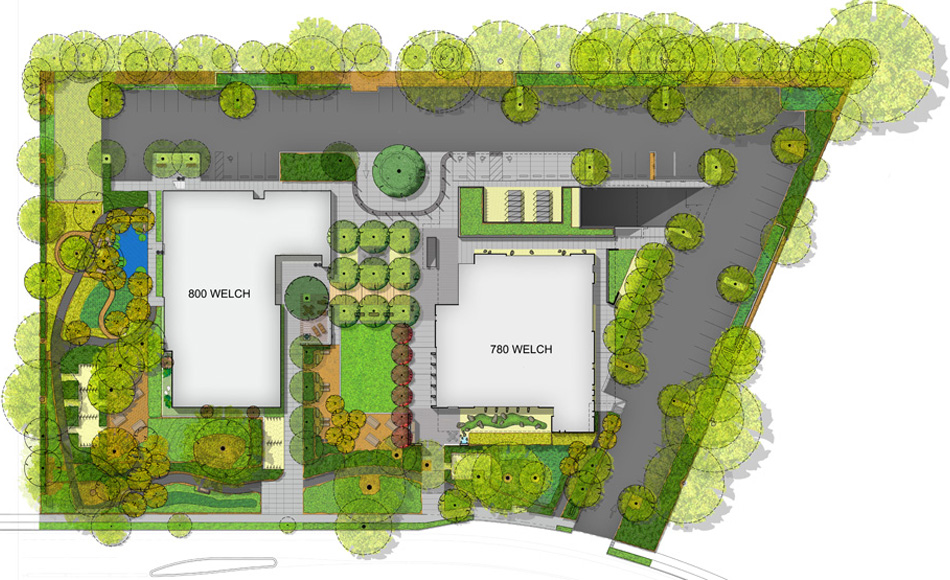
Location: Palo Alto, California
Owner/Client: Stanford University LBRE / WRNS Studio
Scope: Landscape Architecture
Status: Completed 2014
Photography: Jeremy Bitterman & Jasper Snidad
Stanford Freidenrich Center for Translational Research Landscape
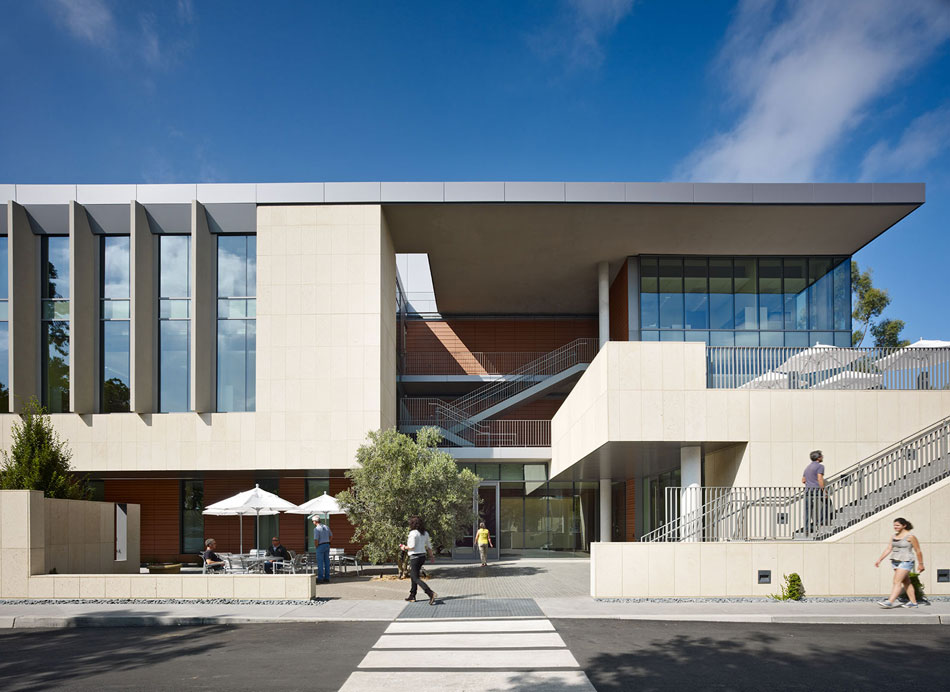 Bruce Damonte
Bruce Damonte The landscape for this first new building in the expanded medical campus at Stanford University Medical Center provides a rich textural and programmatic setting for the new Jill and John Freidenrich Translational Research Building, which brings together previously dispersed scientific researchers and clinical testing into a single facility. The entry is a sequence of exterior rooms from Welch Road which gradually become more private before ending in the sensuous entry court that extends the building’s emphasis on interaction into the landscape.
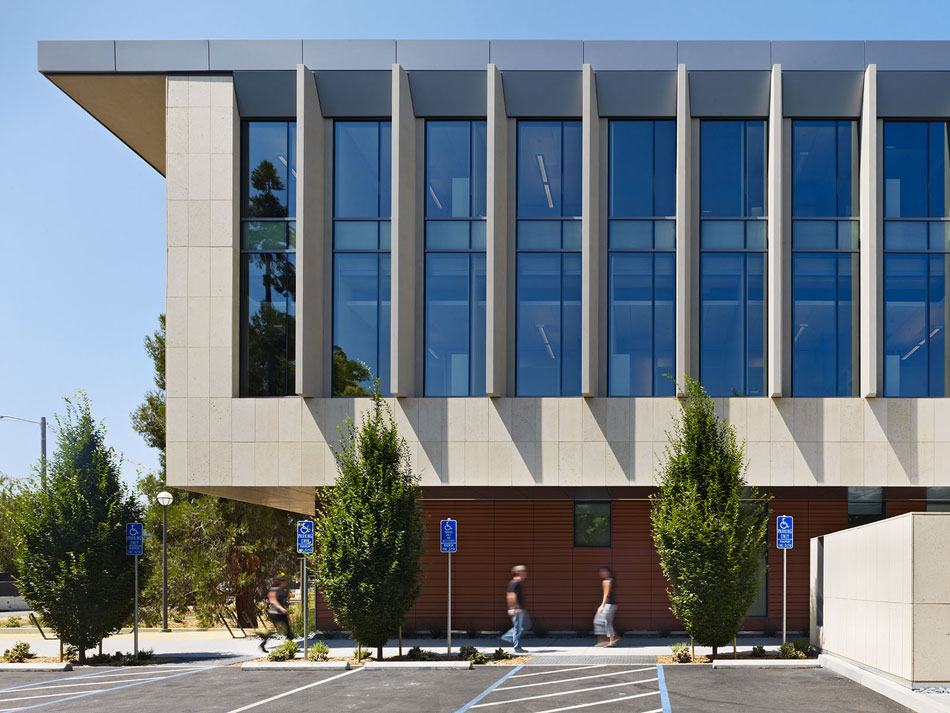 Bruce Damonte
Bruce Damonte 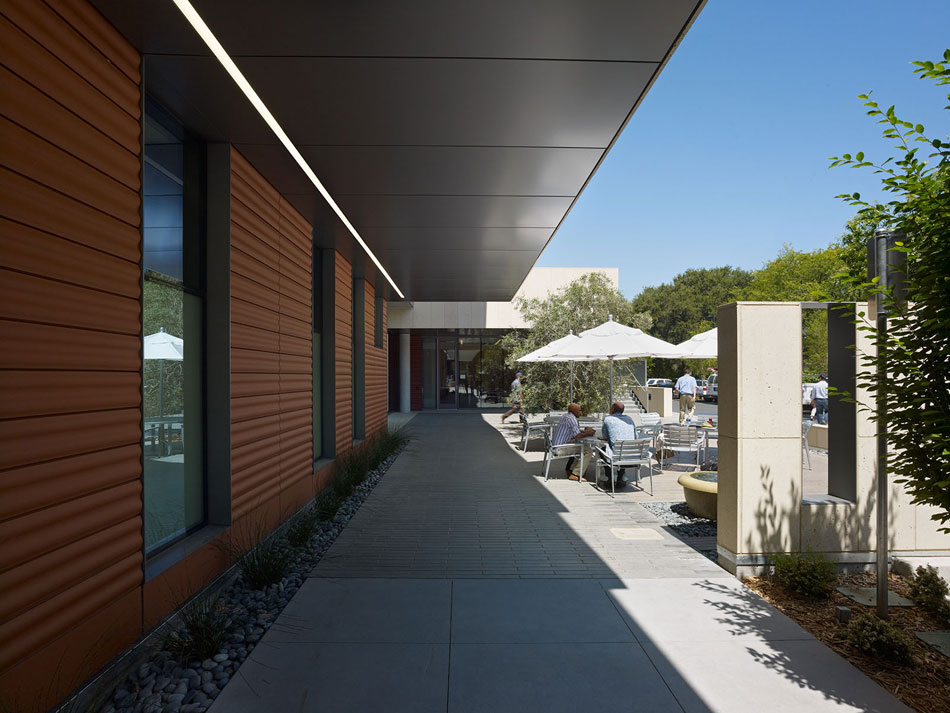 Bruce Damonte
Bruce Damonte 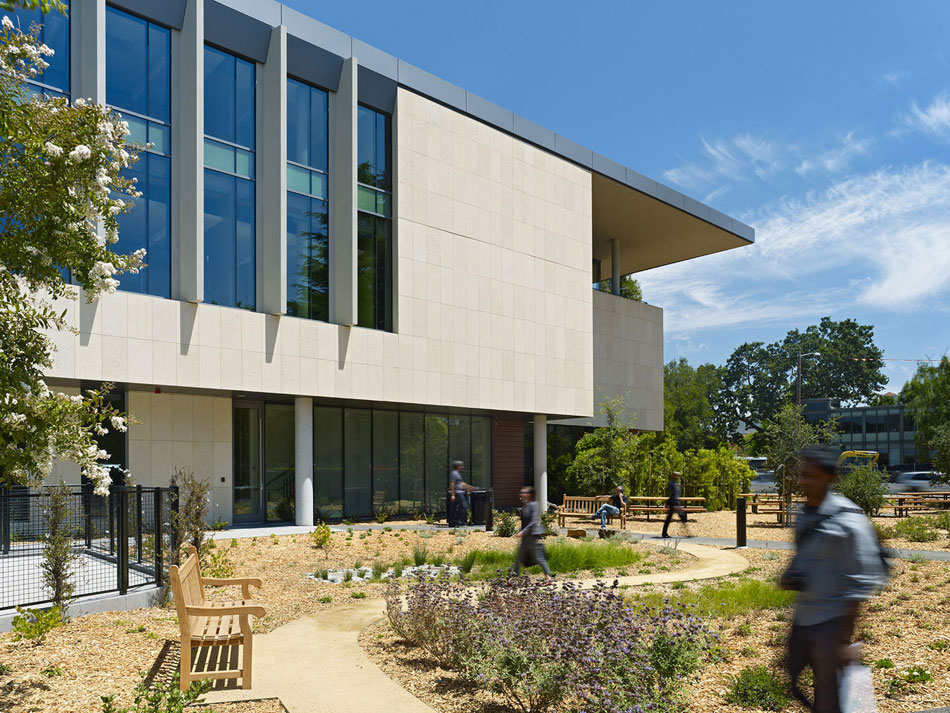 Bruce Damonte
Bruce Damonte
Small, closely fenced micro-gardens of highly refined material palettes extend treatment rooms out into the building’s perimeter, thus blurring the interior with the lush changeability of Stanford’s campus landscape.
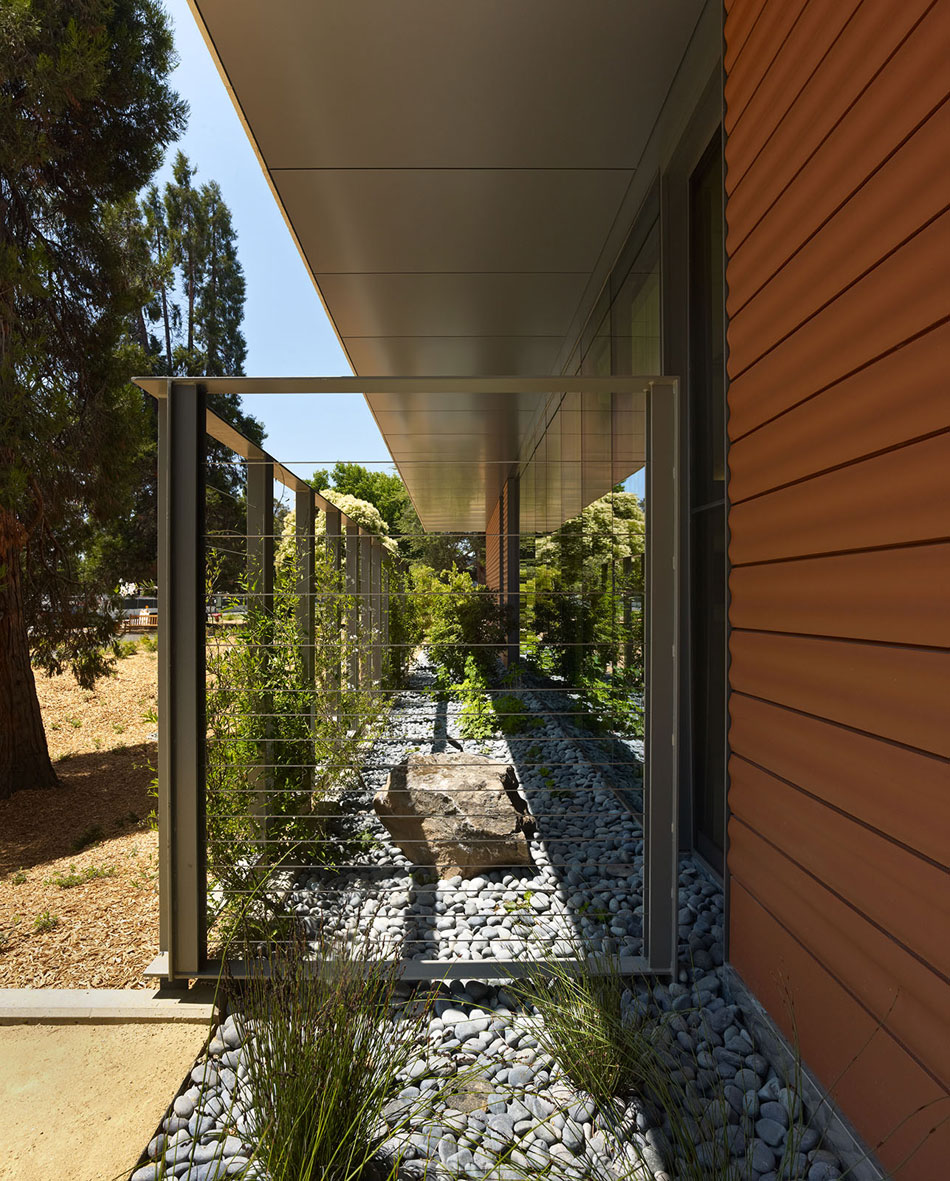 Bruce Damonte
Bruce Damonte 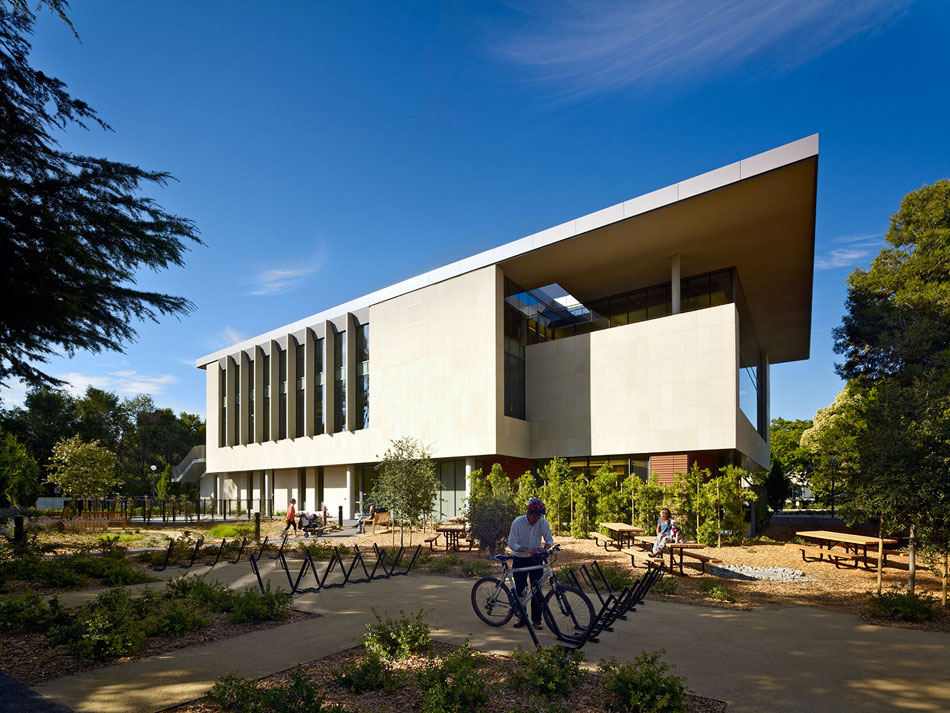 Bruce Damonte
Bruce Damonte 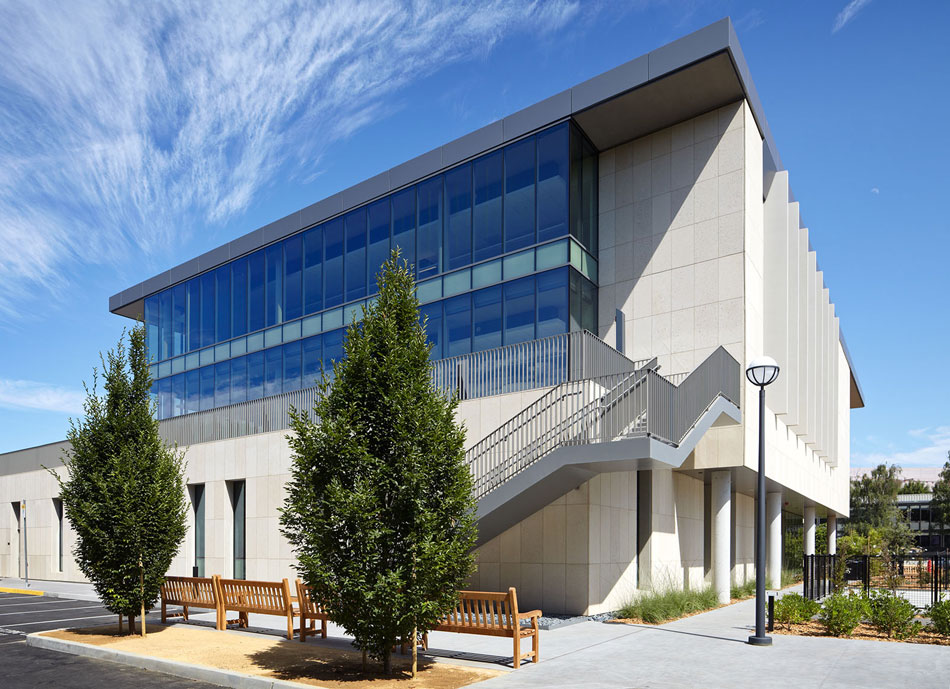 Bruce Damonte
Bruce Damonte
Mature heirloom trees are preserved and integrated into a topography of paths and recreational amenities which are engineered to capture and filter stormwater, while providing a variegated and rich landscape for staff, patients, and the extended campus to enjoy.
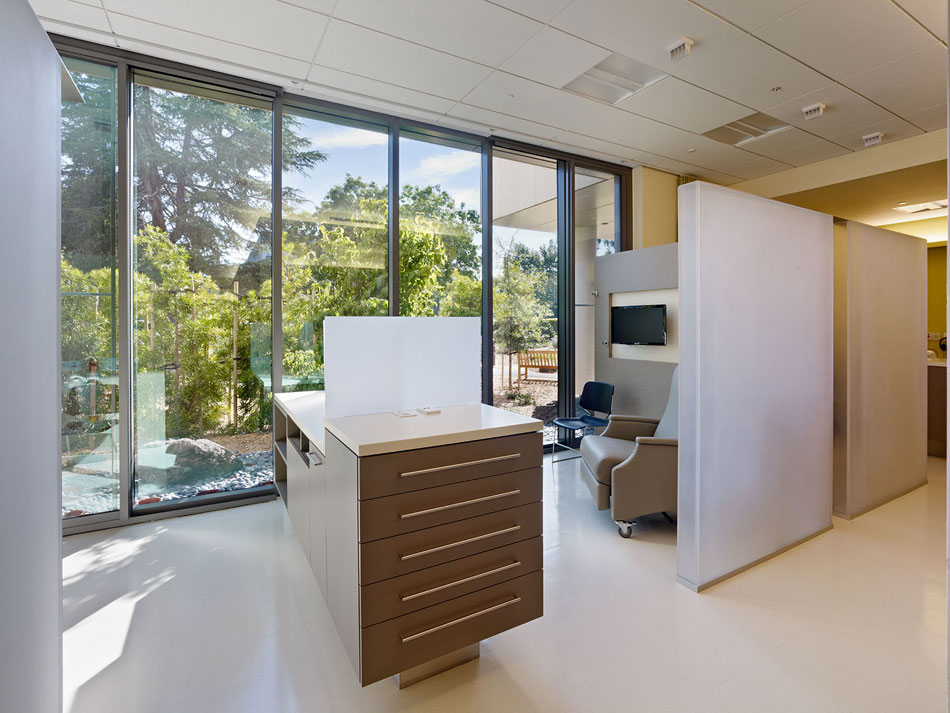 Bruce Damonte
Bruce Damonte 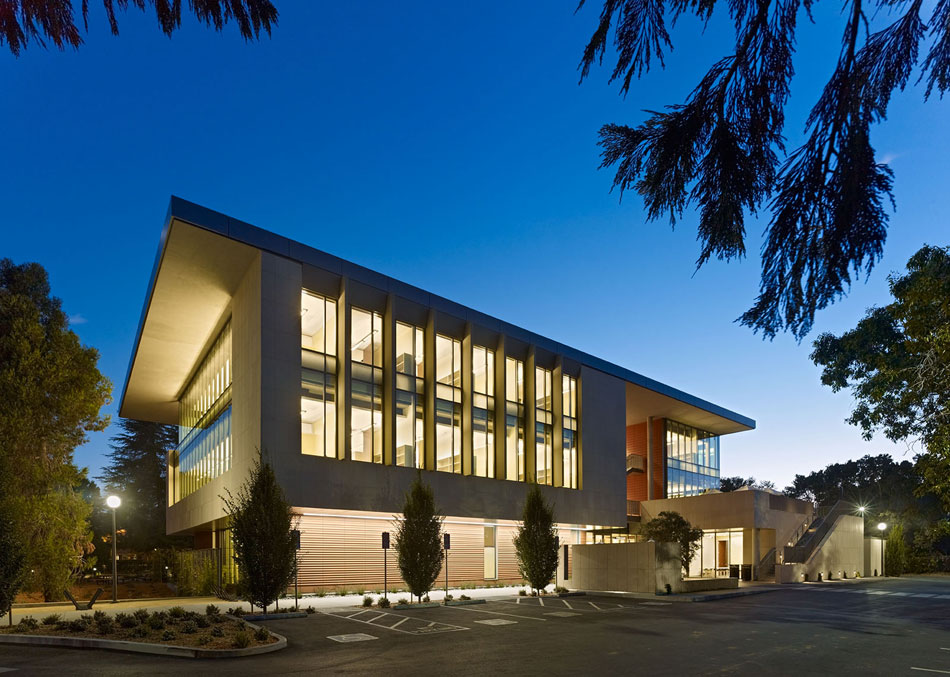 Bruce Damonte
Bruce Damonte 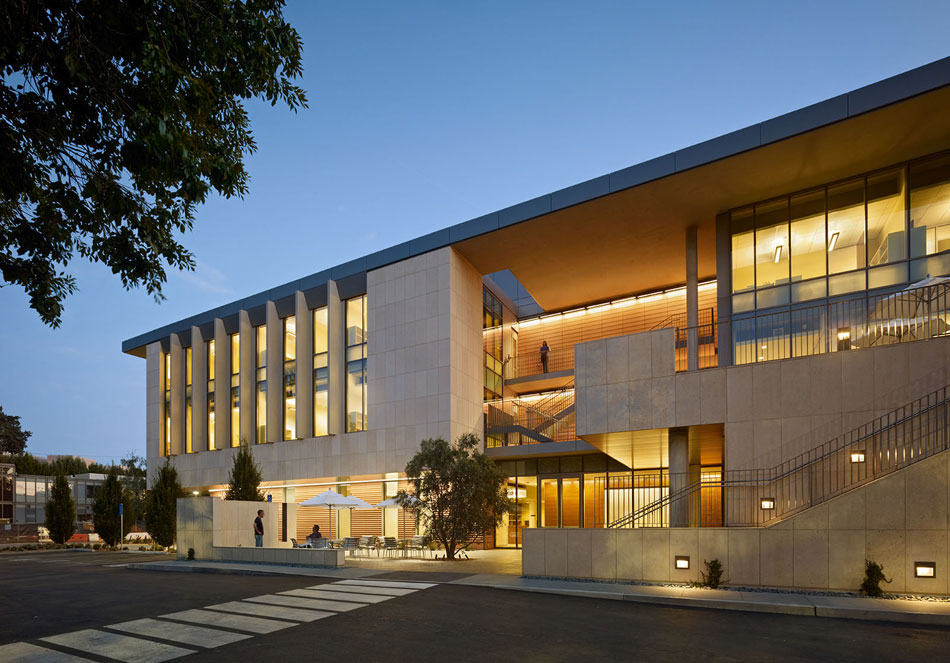 Bruce Damonte
Bruce Damonte
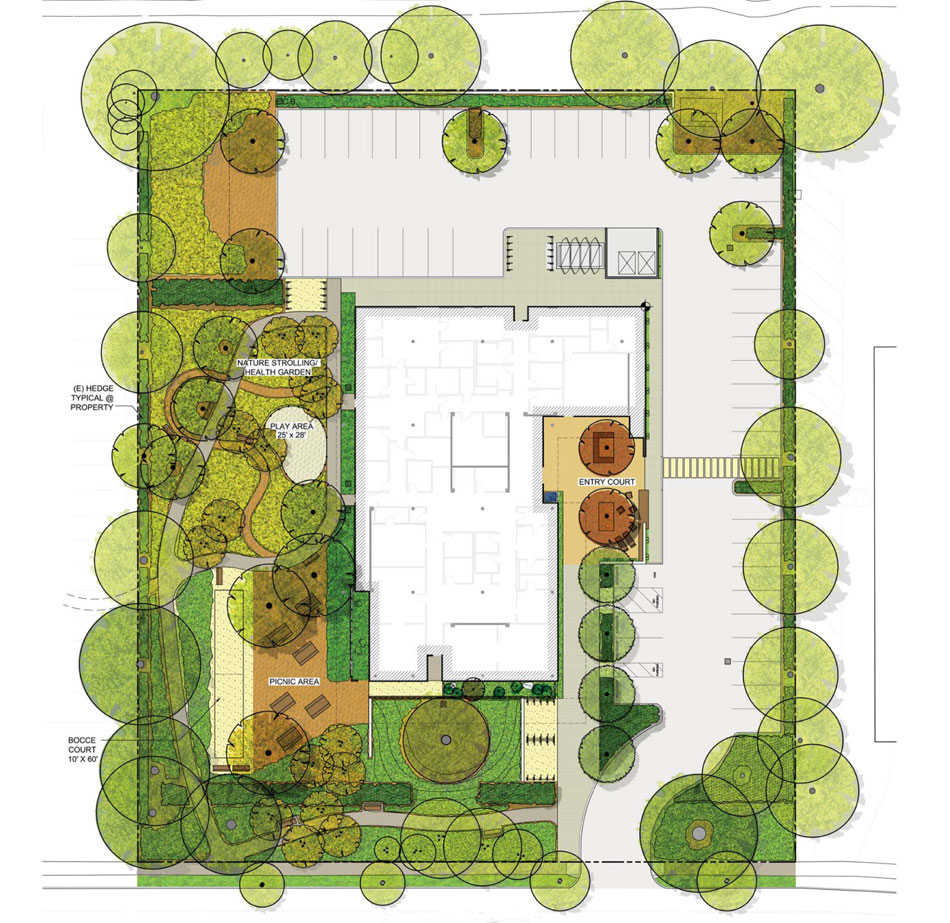
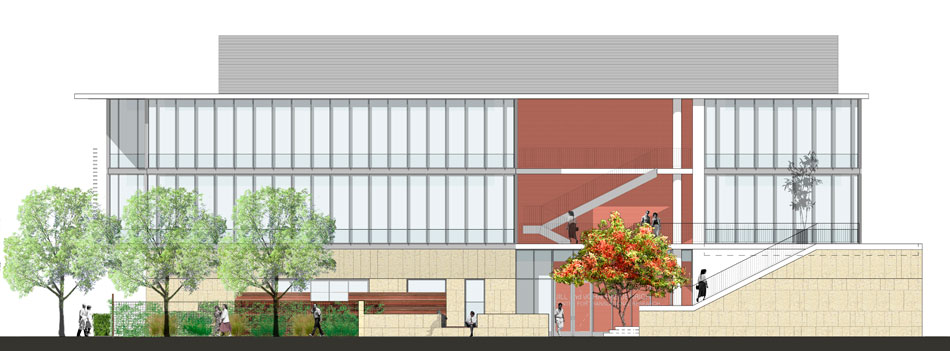
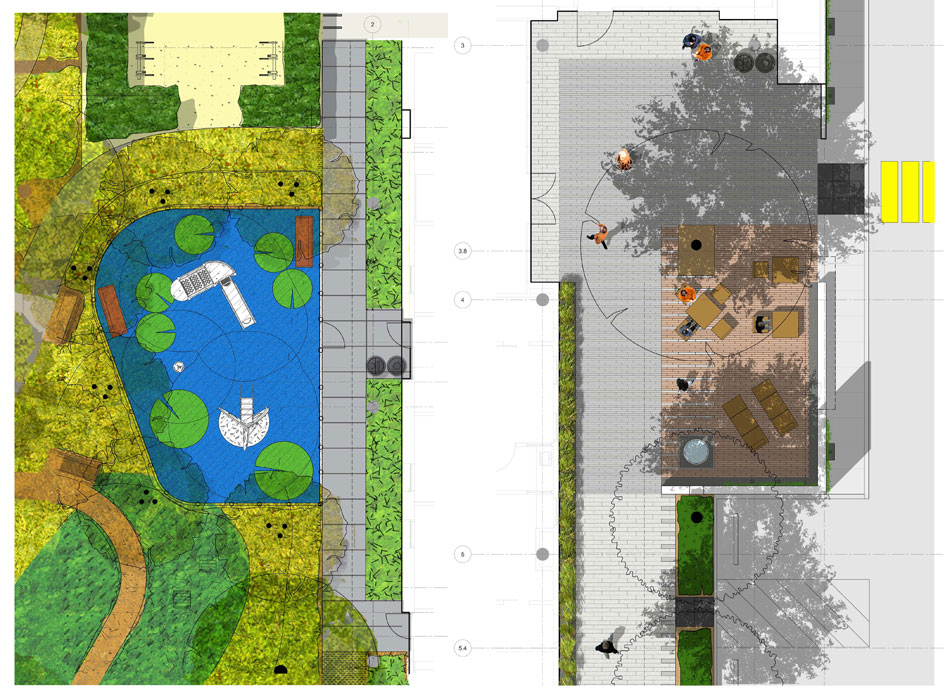
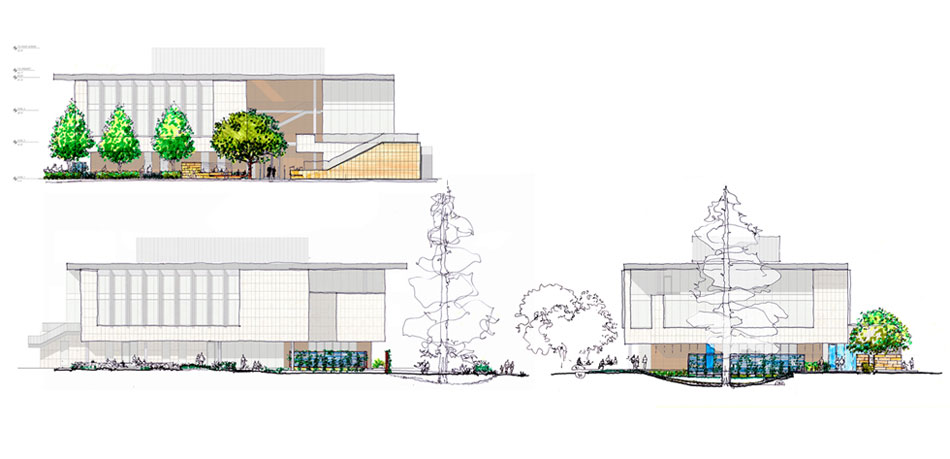
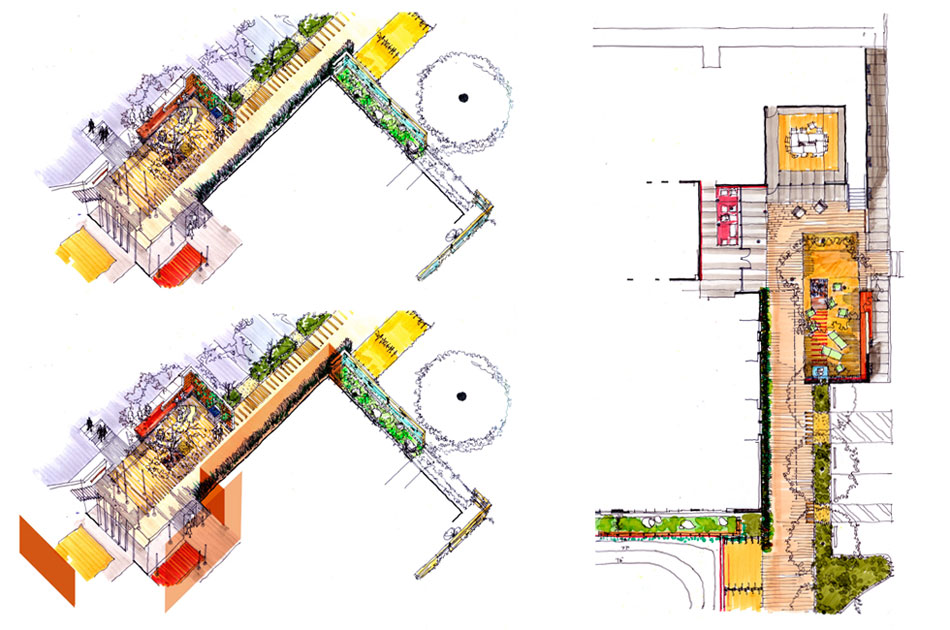
SITE: Palo Alto, California / SIZE 16,000 sq. ft. landscape
SCOPE: Entry Court, landscape design
DATE: Completed 2012
TEAM : INTERSTICE Architects (landscape), WRNS (architecture)


